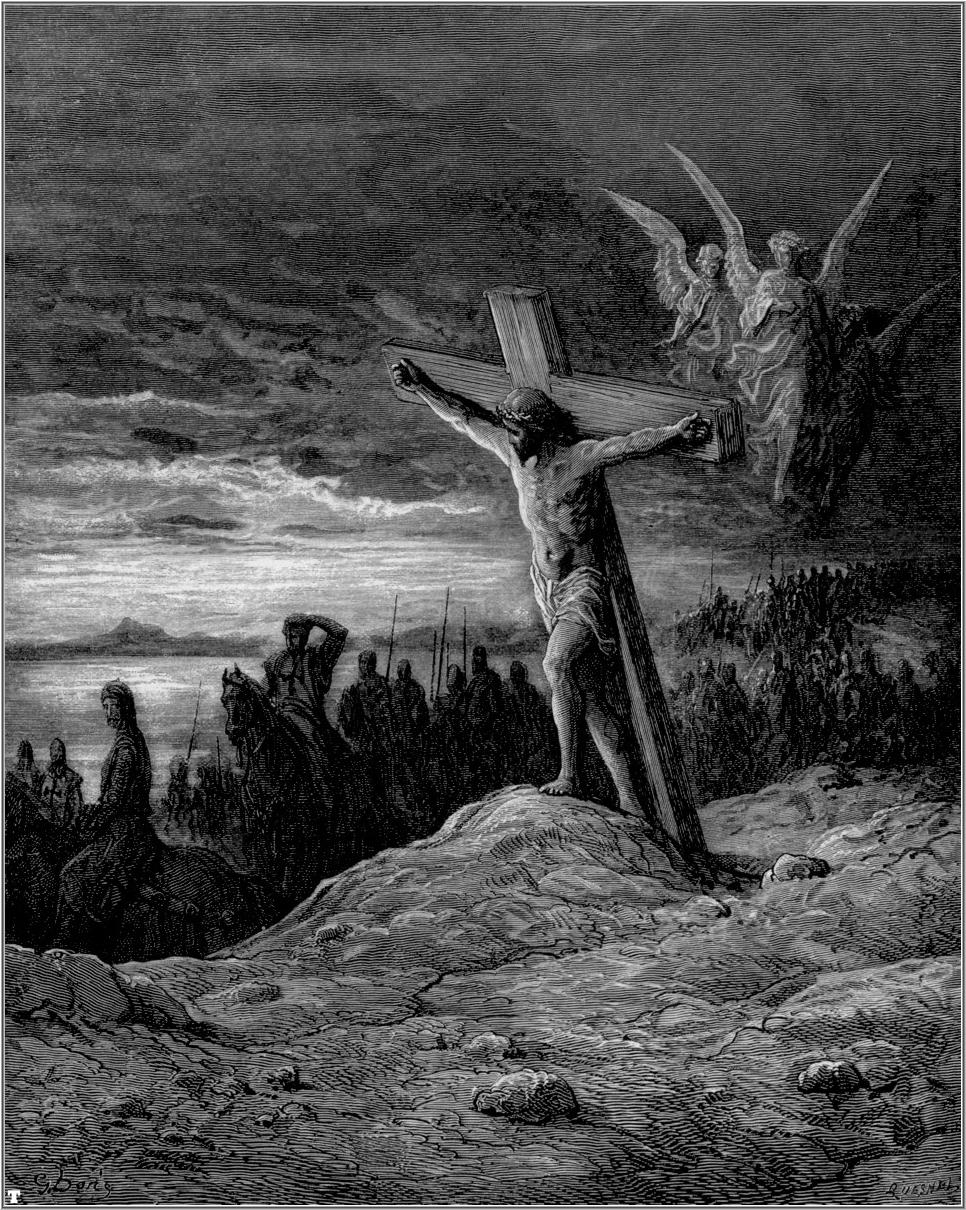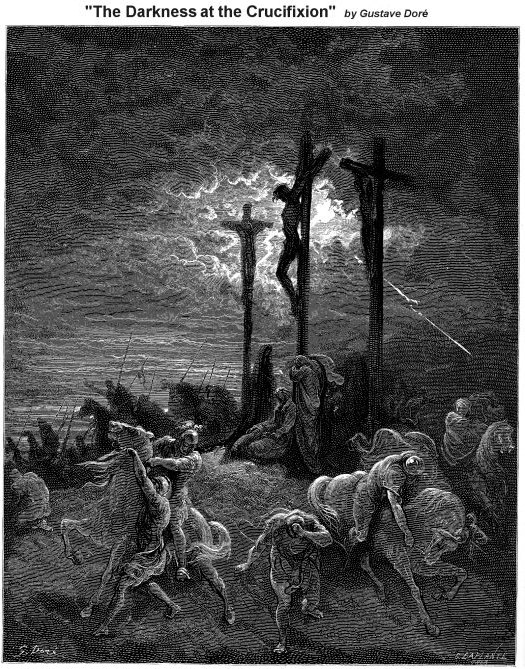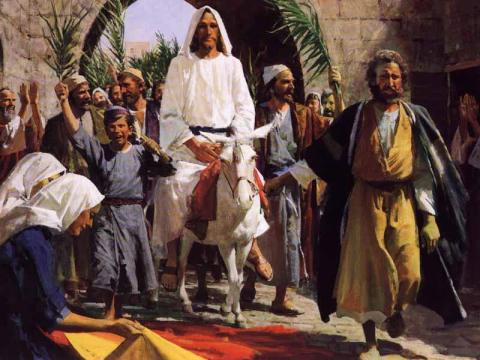
And you, who were dead in your trespasses and the uncircumcision of your flesh, God made alive together with him, having forgiven us all our trespasses, by canceling the record of debt that stood against us with its legal demands. This he set aside, nailing it to the cross. He disarmed the rulers and authorities and put them to open shame, by triumphing over them in him (Col. 2:13-15).
Many misunderstand, they see the Cross as a defeat. They see Christ’s weakness, suffering, and humiliation as failure to convince the crowds, persuade the Jewish leaders, and empower the disciples. Some grand misunderstanding created this tragedy, surely if all sides could have talked this terrible event would have never happened. In the minds of these bemoaners, Christ’s death was a great tragedy, but nothing more.  For some, God by the power of the resurrection snatched victory from jaws of the Cross’ defeat. He rescued Jesus from utter humiliation. The resurrection saved the day.
Nothing is further from the truth. The Cross is the victory of God and the resurrection is the announcement to the world that the Christ has triumphed over all our foes. The Cross was not a defeat, but the astonishing victory of God over the world, the flesh, sin, death, and the devil.
A number of metaphors are used in scripture to describe the finished work of Christ on the Cross:
Victory is taken from the military: Christ has conquered Satan and his oppression, our sin and its enslavement, and death and its control (1 Cor. 15:57).
Justification is taken from the law court: God’s declaration that by faith in Christ we are declared righteous before him (Rom. 3:21-26; Gal. 2:15-16).
Adoption is taken from the family: we are granted legal status as sons of God and heirs of the Kingdom (Rom. 8:17, 23; Gal. 4:1-7).
Reconciliation is taken from the home: the Cross restores our broken relationship with the Father (Rom. 5:10-11; 2 Cor. 5:16-21).
Forgiveness of our offenses that frees from guilt and shame, redemption and ransom paid to free us from bondage and captivity caused by our sin (1 Cor. 6:19),
Healing is taken from the hospital: we are restored with all of creation from the brokenness created by our sin (Isa. 53:5; 1 Peter 2:24-25).
Propitiation is taken from Temple worship: God satisfies his own wrath by offering himself to suffer the just punishment for our sins (Rom 3:25; Heb. 2:17; 1 John 2:2, 4:10 NASB).
Representative bringing us all the privileges of the new covenant (Rom. 5:17), participation in all the benefits of his death, burial, and resurrection (Rom. 6), and substitution for he took upon himself our punishment, guilt, and shame (Rom. 4:25).
The Cross accomplished all these things and more.
The whole story in the New Testament is written, as I have said, from the point of view of the Resurrection, and the Christian faith is inexplicable otherwise. Another point to be made is that the story of the Resurrection is not told in the New Testament as the story of a victory which wipes out the defeat of the Cross.
On the contrary, there is great emphasis laid on the fact that the risen Lord is the crucified one. It is said that when, he showed himself to his disciples, he showed them his hands and his side. In other words he identified himself deliberately to them as the one who had been crucified. And according to the records that we have, in his teaching of them, he emphasised the fact that it was necessary for the Messiah to suffer in this way.
Above all in Paul, whose life as a Christian began with a meeting with the risen Lord, it is nevertheless the Cross which is the centre of his message. The Cross, in other words, is not put before us a defeat overruled by God; on the contrary, the Cross is put before us as a victory which was acknowledged and ratified by God.
—Bishop Lesslie Newbigin, Journey Into Joy (Grand Rapids, MI: Eerdmans, 1972), 45.









